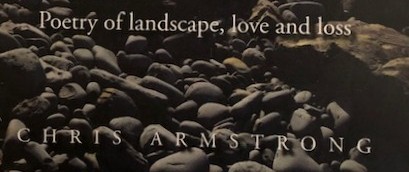
There are only seventeen poems and 27 printed pages; but there are also four sections in Book of the Spirit!
An Introit is something sung at the beginning of a religious service – the section sets the scene, placing reader and writer alike within a world, reminding them of their insignificance, as drops in the grand scheme of things – in the ocean – as they try to understand, and in the case of the writer, try to express the beauty of communication, and thereby of destiny, fate and truth in mere words.
While I have made no attempt – it was never my intention – to produce a religious or quasi-religious service or order of service in the central section, the Sunyata, the poems do fall within the canon of a service. They do not form a liturgy but rather are a collection of the elements often found in religious services.
The three poems in Satori, are perhaps the most conventionally religious, and readers will probably recognise the themes/stories referenced. Perhaps this section might be thought of as equivalent to a sermon, moving the work towards a conclusion by exploring themes in ways that leave the congregation, the readers with something – perhaps enlightenment (which is what Satori means) – to ponder on their way home.
The final section – Apocrypha – contains two poems that are not truly a part of the book of praise but which seemed, to me, to follow on from it – to fit in with the general ethos.





